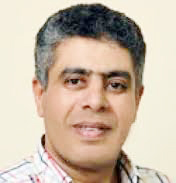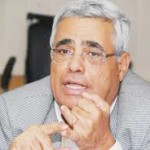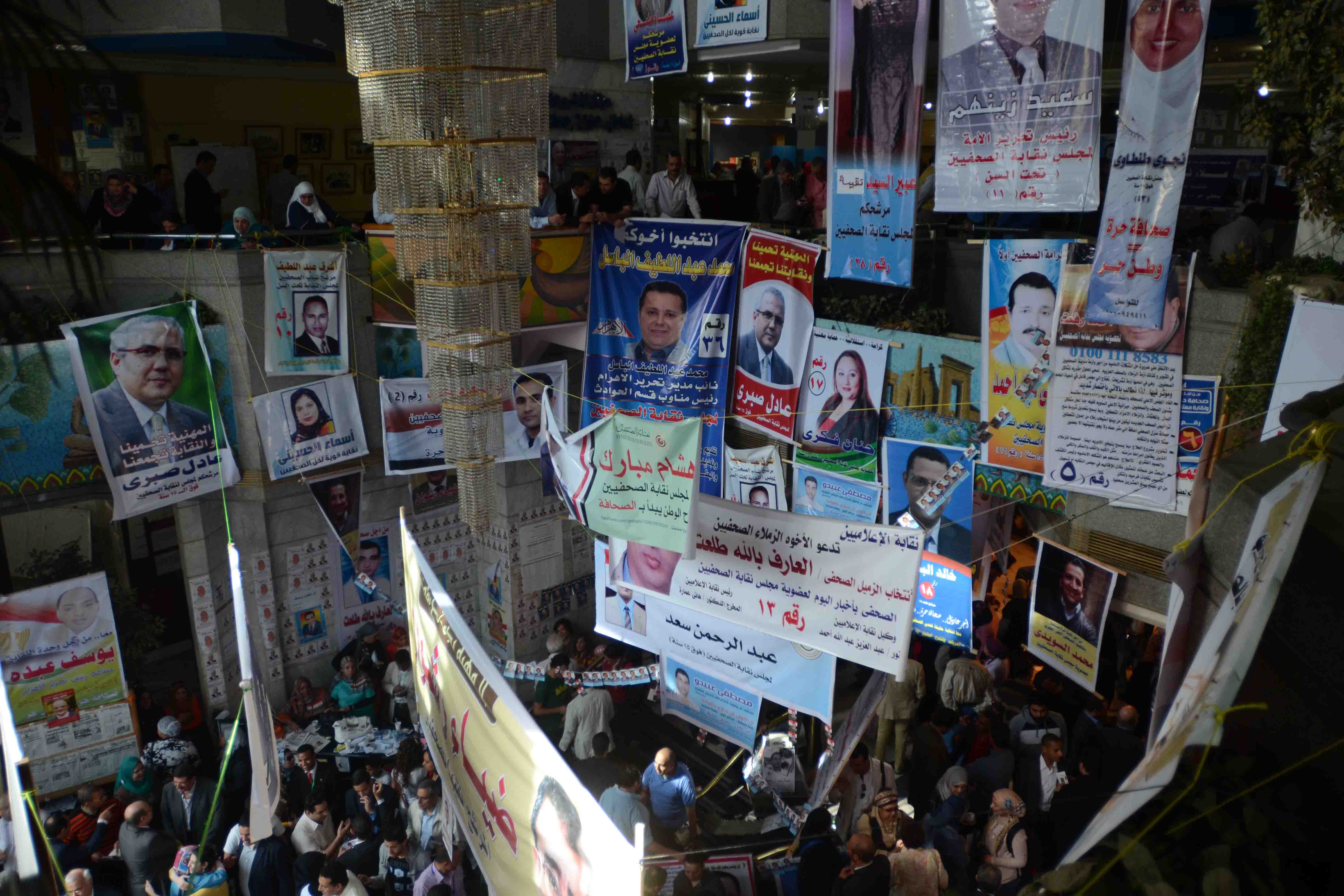Columnists condemn the poor performance of Hesham Qandil’s government in the wake of a series of sad incidents that took place last week. Some writers are asking the cabinet to pay extra attention to the basic needs of the poor, instead of focusing on endless internal political disputes.
What does the poor want from the government?
Emad Al-Din Hussein
Al-Shorouk newspaper
Egyptians can forgive the bad performance of Hesham Qandil’s government only if they see hope for reform. Hussein lists the simple demands of ordinary citizens, stressing that many of them only aspire to feed the hungry mouths at home. It doesn’t make a difference to a poor peasant whether the president of the republic is Mohamed Morsy or Mohamed ElBaradie. Typical people in rural areas cannot understand the difference between being liberal or socialist or conservative. They are more concerned with the plights of their daily lives.
The writer states that a father, who sends his son to complete his military duty, would not want to receive him as a corpse following a deadly train crash, like that of Badrasheen. An elderly woman who attempts to perform her pilgrimage would only want to arrive safely to Saudi Arabia, not to drown in a ferry.
Hussein criticizes the government for its inability to provide the poor with basic security and health services. Instead of focusing on Egypt’s foreign relations and negotiations to finalize financial grants, Hussein calls upon Morsy and Qandil to give priority to the needs of the underprivileged.
The president and the lack of trust
Hassan Nafaa
Al-Masry Al-Youm newspaper
Nafaa criticises Morsy’s position on the elections draft law that is being debated by the Shura Council. The president hosted a series of national dialogue sessions that brought together a number of representatives of political groups to discuss the controversial angles of the election draft law.
Participants of the national dialogue have arrived at a consensus on how the law should finally appear. However, the Shura Council, which is dominated by Islamist members, have completely disregarded the recommendations of the national dialogue sessions and decided to take its own paths of negotiations.
The situation has triggered a great debate as to whether the meetings of the national dialogue were useful or not. Some political groups are accusing the Shura Council of trying to pass a regulation that only suits the Muslim Brotherhood and its aspirations.
Nafaa said that this has probably pushed the presidential spokesperson Yasser Ali to deny any presidential involvement in the discussions taking place in the Shura Council. Ali’s statements, in Nafaa’s opinion, reflect a deep conflict between the president and political powers, who are now losing confidence in Morsy and his national dialogue sessions.




